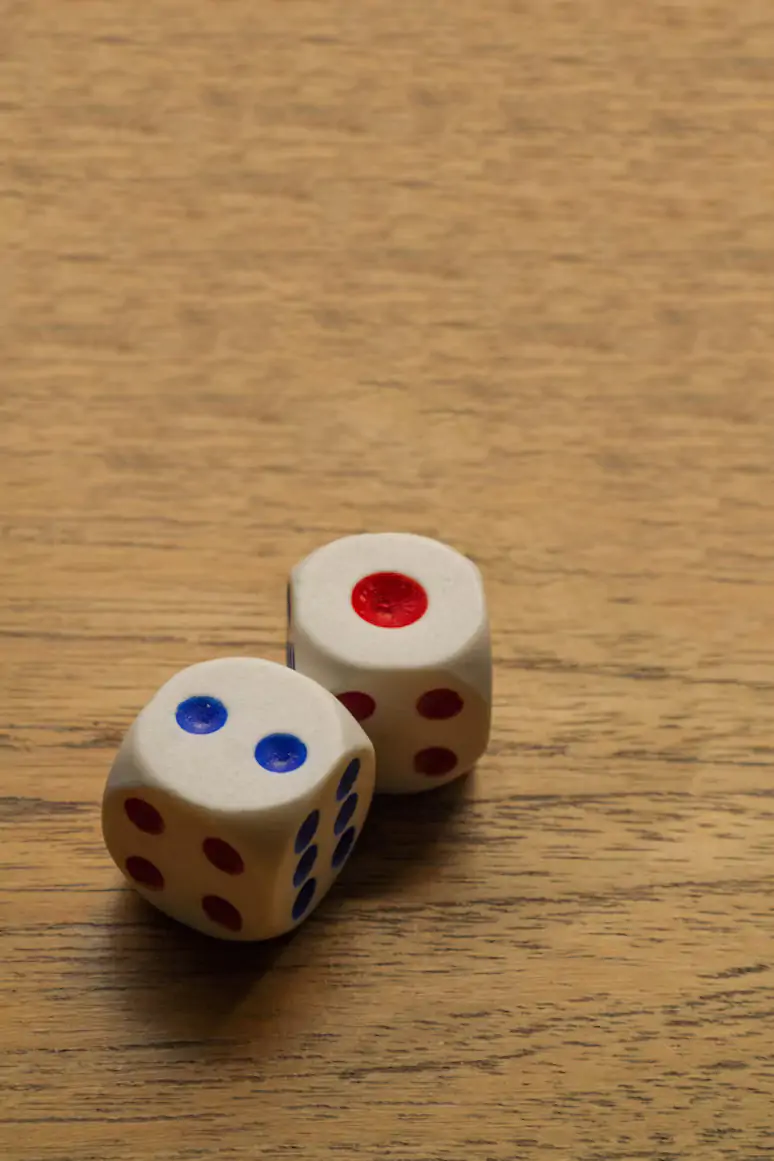“Anyone who finds themselves constantly checking their phone from the moment they wake up, or spending an inordinate amount of time on the internet, may need to consider seeking help if their life has become unmanageable.”
Digital Addiction Treatment
Living in a tech-savvy digital age brings its own specific set of 21st century problems. Delamere is the UK’s only purpose-built private rehab centre, offering internet addiction help and social media addiction treatment.


Internet addiction help from the experts at Delamere
Recent years have seen a dramatic rise in cases of what is termed internet addiction – a wide-ranging term that covers issues such as having a compulsive need to play games online, browse the Internet, check Facebook, shop online, scroll on Instagram, or post TikToks. The problems begin when internet usage goes beyond the norm and starts to affect day-to-day life, work, and relationships. At this point, professional help is often needed to address the situation.
The treatment of an internet addiction disorder is a relatively new field, but at Delamere, we use our extensive knowledge gained from treating other behavioural addictions such as gambling addiction as well as alcohol addiction and drug addictions to devise innovative treatment programmes not available at other UK providers.
Once we have established that a guest is suffering from an internet addiction (in whatever form), we evaluate the severity of the condition and formulate a personalised programme of treatment that will directly tackle the guest’s specific issues.
Our expert counsellors use Cognitive Behavioural Therapy (CBT) as a basis for getting to the heart of the causes of the addiction, with 1-1 therapy, Recovery Mentoring and group support sessions providing important input. Once our treatment strategy has succeeded in reducing the amount of time online to more manageable proportions, we then introduce coping strategies that will help maintain the positive steps forward and prevent any slip back into old ways as well as providing weekly rehab aftercare sessions post-treatment.
Anxiety & addiction: A holistic approach

“Delamere’s approach to addiction is built from a place of compassion and understanding, there’s no judgement, there’s no ridicule, there’s no feelings of shame. Coming in here really just helped me look at myself and progress forward and move past some of the stuff I maybe hadn’t been able to let go from my past.” – FJimmy, Former Delamere Guest
View Our Treatment Model View our Environment Call now: 0330 111 2015
When to seek digital addiction treatment
An internet addiction or social media addiction is often dismissed as something menial that can be easily controlled, however, smartphone overuse is considered by many researchers to be a form of psychological behavioural dependence. As networks become faster, the user is bombarded with ever more content and messaging, compounding the problem to addictive levels.
At Delamere, we specialise in intensive treatment for Internet and social media addiction, employing a holistic approach to healing that encompasses the mind, body, and soul of each individual.
Here are signs that internet addiction treatment at our internet addiction rehab program may be required:
- Increasing time spent online, neglecting other areas of life
- Non-work related online activities
- Feelings of guilt about online time
- Anxiety or irritability when unable to connect
- Pleasure derived from internet activities
- Social isolation due to excessive online time
- Decline in work or school performance and physical health issues


The Delamere approach to internet & social media addiction
An inpatient stay at Delamere is a deliberately intensive 4-phase internet & social media addiction treatment programme, one which we have crafted over time and has helped many participants recover. Our emphasis is on holistic care to treat addiction and associated issues. This means that we treat the whole person rather than just the symptoms they present with. We believe that successful treatment runs far deeper than simply stopping the addictive substance or behaviour.
Our approach at Delamere comprises 4 core phases: Stop, Start, Grow, & Bloom. Everything we offer at Delamere aims at effective and lasting outcomes in addiction treatment:
How to encourage a loved one to go to an internet addiction treatment centre
If your loved one or someone you care for is suffering from an internet or social media addiction, you may feel powerless to help them. At Delamere, we provide a range of family support services as well as intervention services to help you and your loved one come to terms with their addiction and enter into treatment with us. To discuss the options we offer in more detail, please don’t hesitate to contact our friendly admissions team for a confidential, free consultation.
Frequently asked questions about digital addiction
Although there is some debate about whether the compulsive usage of the internet and constant need to scroll through social media constitutes a true addiction, many psychiatrists and experts in the field have genuine concerns once a person’s use of social media and the internet becomes all-consuming, with young people being particularly in danger of becoming addicted.
If you or a loved one are struggling with a digital addiction, please do not delay seeking help. We are here to offer free advice 24/7 on how you or a loved one can overcome the problem.
The causes of internet or digital addiction are hard to pinpoint, with studies suggesting that Internet Addiction Disorder (IAD)– similar to other behavioural/process disorders – affects the pleasure centre of the brain, triggering the excessive release of dopamine. The repetitive release of excessive amounts of dopamine can alter the brain’s function and the way in which it communicates. This happens over a period of time until the brain’s pleasure reward centre becomes structurally altered. When this happens the brain prioritises the dopamine-releasing stimulus above other healthy activities.
A predisposition in users to suffer from anxiety and depression can also be a factor, as they may turn to the internet to distract them from their problems. Shyness and awkwardness in social situations can also be a factor, as the internet can be emotionally rewarding without requiring interpersonal interaction. Whatever the cause, it is often the case that if you find online socialising, gaming, or shopping a pleasurable activity and you suffer from an Internet addiction, you will begin to indulge in more and more of the behaviour in order to maintain your levels of pleasure.
Let us help you today
Start your recovery journey by contacting us today.
Confidential. Straightforward. Friendly.
Help and Support for Internet & Social Media Addiction Recovery
-
Internet Addiction Rehab
Learn more about our approach to internet addiction rehab. Visit Internet Addiction Rehab
Discover more advice on the Delamere blog
-
Is the UK experiencing a gambling addiction crisis?
Is the UK experiencing a gambling addiction crisis? New research by the University of shows young gamblers 4x likelier to attempt suicide.
-
The rise of shopping addiction in the UK
Since the pandemic shopping addiction has doubled; 10% of the population has a shopping addiction. Delamere looks into the signs & how to manage it.
-
Setting Boundaries with your Smartphone
Students will spend 25 years of their lives on their smartphones if current screen time habits continue. Delamere gives tip on how to set boundaries with your smartphone.
-
How digital detoxes can help to reconnect
People are struggling with social media, phone, and internet addiction. Discover how digital detoxes can help to unplug and reconnect.





















